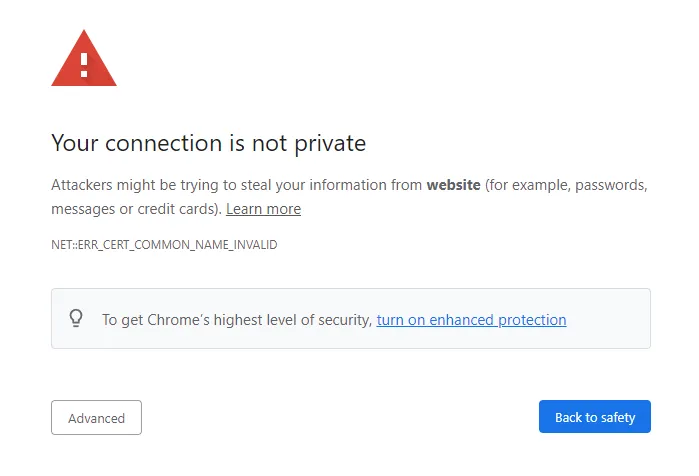Table of Contents
Introduction
If you own a website, chances are you’ve heard the term “SSL certificate” thrown around. At EngineRoom, we know that delving into the technicalities of website security can seem like a daunting task. However, it’s essential to understand what an SSL certificate is and why you need one. This blog post aims to break down the topic for you, in language everyone can understand.
What is an SSL Certificate?
SSL stands for Secure Socket Layer. It’s a security protocol used to encrypt data that travels between a user’s computer and a website. Imagine sending a sealed, coded letter in the post; only the intended recipient has the key to open and decode it. That’s what an SSL certificate does for the data exchanged between your site and its visitors.
An SSL certificate also confirms that the website you’re interacting with is actually the website it claims to be. In other words, it helps to prevent “man-in-the-middle” attacks, where scammers might try to intercept data by posing as a legitimate website.
The Benefits of an SSL Certificate
Improved SEO
Google and other search engines reward secure websites with better search rankings. That’s because these platforms aim to provide the best and safest experience for their users. An SSL certificate not only offers that extra layer of security but also boosts your site’s visibility online. The higher your site ranks in search results, the more likely people are to visit it.
Enhanced User Trust
You’ve probably seen a little padlock symbol next to the web address in your browser. This icon signals that the site you’re visiting has an SSL certificate and is secure. For users, this is an immediate trust booster. They’re more likely to interact with your site, fill out forms, and make purchases if they see that their information will be securely handled.

Increased Security
One of the most straightforward benefits of an SSL certificate is the increased level of security it offers. By encrypting the data transferred between the user and your server, SSL minimizes the risk of sensitive information falling into the wrong hands. This is especially critical if your website handles transactions or collects personal information. When users see that their data is being encrypted and securely transmitted, they are far more likely to engage with your website in a meaningful way.
Other Benefits
Additional benefits include data integrity, as an SSL certificate ensures that the information sent between the user and server remains intact and uncorrupted. Browser warnings and mobile performance are also important aspects to consider when thinking about implementing an SSL certificate on your site.
By adding the SSL certificate, you’re adding a fortified layer of security that can protect against data breaches and hacking attempts, all while making your users feel safer and more comfortable using your services.
Different Types of SSL Certificates
Before you rush off to get an SSL certificate, you should know that they come in various types and at different price points.
Free SSL Certificates
Pros:
- Easy to install
- No cost involved
- Issued immediately
Cons:
- Limited security features
- Often lacks warranties in case of a security breach
Free certificates are excellent for personal blogs or small websites that don’t deal with sensitive information. However, for anything beyond that, you should consider a paid SSL certificate.
Paid SSL Certificates
Pros:
- Robust security features
- Warranties available
- Trusted by all browsers and devices
Cons:
- Costs can add up over time
- Installation can be more complicated
- Issuance can take longer
Paid SSL certificates are a must for any business or e-commerce site, offering advanced security and authentication features that free certificates can’t match.
Other Considerations
Browser Warnings
If your site doesn’t have an SSL certificate, most modern browsers will flag it as “Not Secure.” This can be a significant deterrent for potential visitors or customers.

Data Integrity
An SSL certificate helps ensure the integrity of the data sent between the user and the server, reducing the risk of data corruption.
Mobile Performance
SSL certificates are crucial for mobile performance. As more people access websites via mobile devices, having a secure site is more critical than ever.
Conclusion
An SSL certificate isn’t just a “nice-to-have” anymore; it’s essential for any serious website owner. From boosting your SEO to enhancing user trust and offering robust data encryption, the benefits are multiple and significant.
Still feeling a bit puzzled about SSL certificates? Or perhaps you’re ready to secure your website but don’t know where to start? At EngineRoom, we’re experts in web security and can guide you through the process of selecting and installing the right SSL certificate for your needs. Don’t risk your website’s reputation and user trust; contact us today for professional advice and peace of mind.



